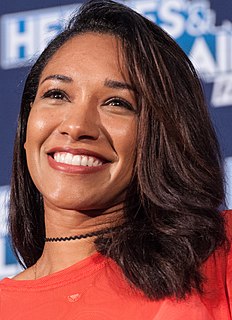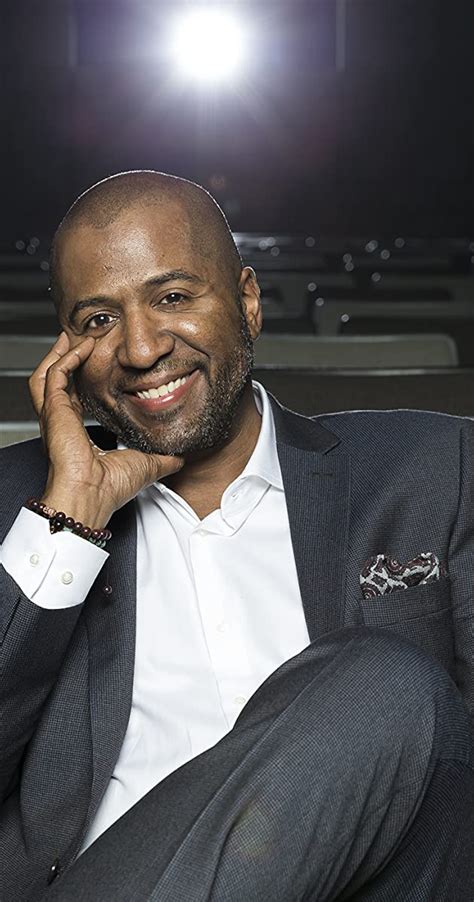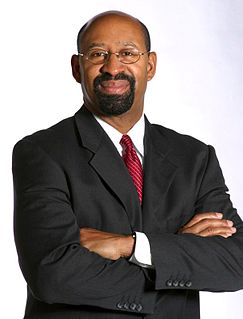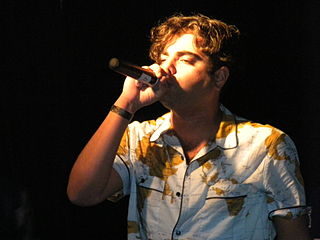A Quote by Chadwick Boseman
There are some stories I want to tell that I think it'd be cool to see an African-American dude do.
Related Quotes
In a one-hour documentary, you can tell maybe ten stories. That's how the documentary is structured. I wrote to forty of the greatest historians of both African and African-American history, and hired them as consultants. I had them submit what they thought were the indispensable stories, the ones they felt this series absolutely had to include.
Part of that is ordinary African-Americans, you come out of your house and you see the conditions in your neighborhood and you see, folks in your neighborhood doing certain things that, are irresponsible. You know, the thing I always think about, you get up early in the morning to go to work and there's some dude outside drinking and you come home and the same dude is outside drinking hanging on the corner. And then this engenders a level of anger I think and a level of shame.
When I looked at 'Dear White People,' you have four African-American students who are all very different and who are trying to figure out who they are. They're dealing with identity issues and crises. That is exciting to me, to see African-American young people on a page, on a screen, who are so diverse and whose stories are all so different.
I use African-American, because I teach African Studies as well as African-American Studies, so it's easy, neat and convenient. But sometimes, when you're in a barber shop, somebody'll say, "Did you see what that Negro did?" A lot of people slip in and out of different terms effortlessly, and I don't think the thought police should be on patrol.
The first slave came to Florida in 1526. The first one we know by name, Esteban, which means Stephen, came a couple of years later. So, we start with the stories of Juan Garrido and Esteban to show that African-American people have been here a century longer than anyone thought, and that the diversity we see in the African-American community today has existed since the beginning.
I find that people today tend to use them interchangeably. I use African-American, because I teach African Studies as well as African-American Studies, so it's easy, neat and convenient. But sometimes, when you're in a barber shop, somebody'll say, "Did you see what that Negro did?" A lot of people slip in and out of different terms effortlessly, and I don't think the thought police should be on patrol.

































